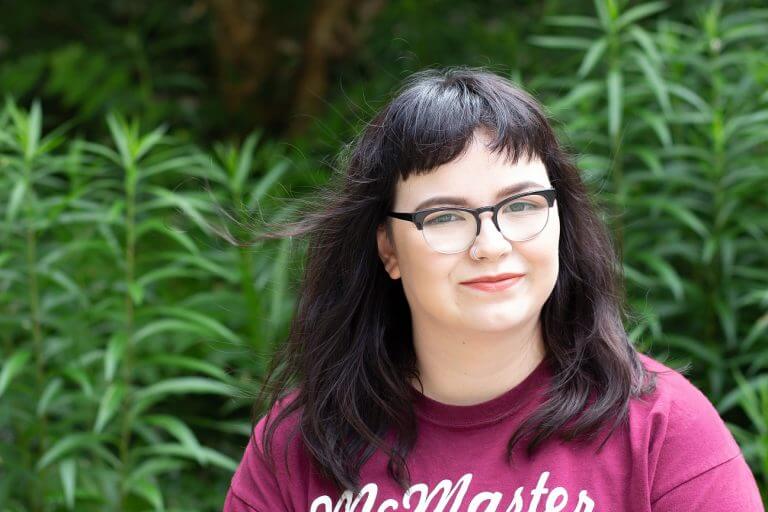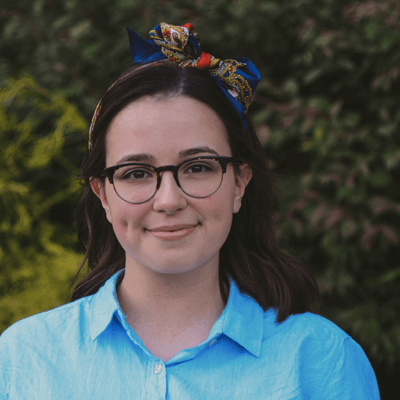By: Tory Dockree, Tabatha May, and Emily Meilleur-Rivers
Interacting with both your peers and your professors in an academic context is extremely valuable. In university, you can gain far more from going to class than simply learning the lecture content. However, we know that it can be intimidating to speak to your professor and connect with your peers, so we have a few ideas for you.
We asked students about communicating with professors. This is what they said:

Jayda Hunte
In our experience, all of our professors in first-year were very approachable and willing to help with anything we needed, whether be it academic or just someone to talk to. We would say that you should never be afraid to ask your professor questions during classes, because although sometimes you may think your question is a dumb one, many times other classmates have the very same question but are too shy to ask. In terms of office hours, we found them very helpful and getting to know your prof one-on-one can only be to your benefit.

Gustavo Chen
Definitely asking questions during lectures can be nerve-wracking. Depending on the class, you can be afraid to ask or answer something in front of everyone. If that’s the case, don’t be shy to go to office hours!

Katherine Grace
We usually don’t know how to construct our questions in a good sentence structure in a short time and profs might misunderstand our questions if we do not ask them clearly. I would keep my question in mind and ask the prof after class or go to the prof’s/TA’s office hours. Having more one-on-one time with them makes us think better and we are not stressed under time and social pressures.
Here are some tips to make talking to your professors easier:
- Write your question on a post-it note and bring it to your professor at the end of class. This way, the question won’t continue to weigh on your mind throughout the lecture. You won’t have to awkwardly carry your open books with you to the front of the room and you will be able to quickly pose your question without feeling like you’re interrupting.
- Remember that you would not judge another student for asking a question. You are all in class to learn and this often involves inquiry, discussion, and repetition/clarification.
- For simple inquiries, you may be able to reach out to your professor via email. Remember to use your McMaster email because of McMaster’s email policy.
- Visit your professor’s office hours. We cannot count the number of times professors have lamented that no one comes to their office hours. Remember that they have invested a lot of their time and energy into studying what they teach you. They have a lot to say about this content and are usually very willing to discuss it with you, especially if you are thinking about it enough to be asking questions. Beyond answering your original question, your professors can provide you with resources, support, and recommendations—there is a lot to be gained from professional relationships, even though they can seem intimidating at first. Best of all, when in conversation with a professor, additional questions can be fielded in real-time, instead of the delay that comes with email. You are also more likely to get more detailed answers to your questions in person!
Before we got to university, lectures were one of the things that intimidated (and excited) us the most. We fixated on large class sizes as a negative thing, and assumed that lectures would never be anything but stressful. Ultimately, we underestimate ourselves. When we let ourselves relax a little bit and approached lectures as opportunities to grow, we found them to be both productive and enjoyable.
About Tory, Tabatha and Emily

Tory
I’m going into my third year of Arts & Science with a combination in Philosophy.

Tabatha
I’m going into my fourth year of Social Psychology with a minor in Sociology.

Emily
I just finished my undergrad in English and Cultural Studies with a Minor in Women’s Studies. In September, I am sticking around at Mac to start my Master’s in Cultural Studies and Critical Theory.